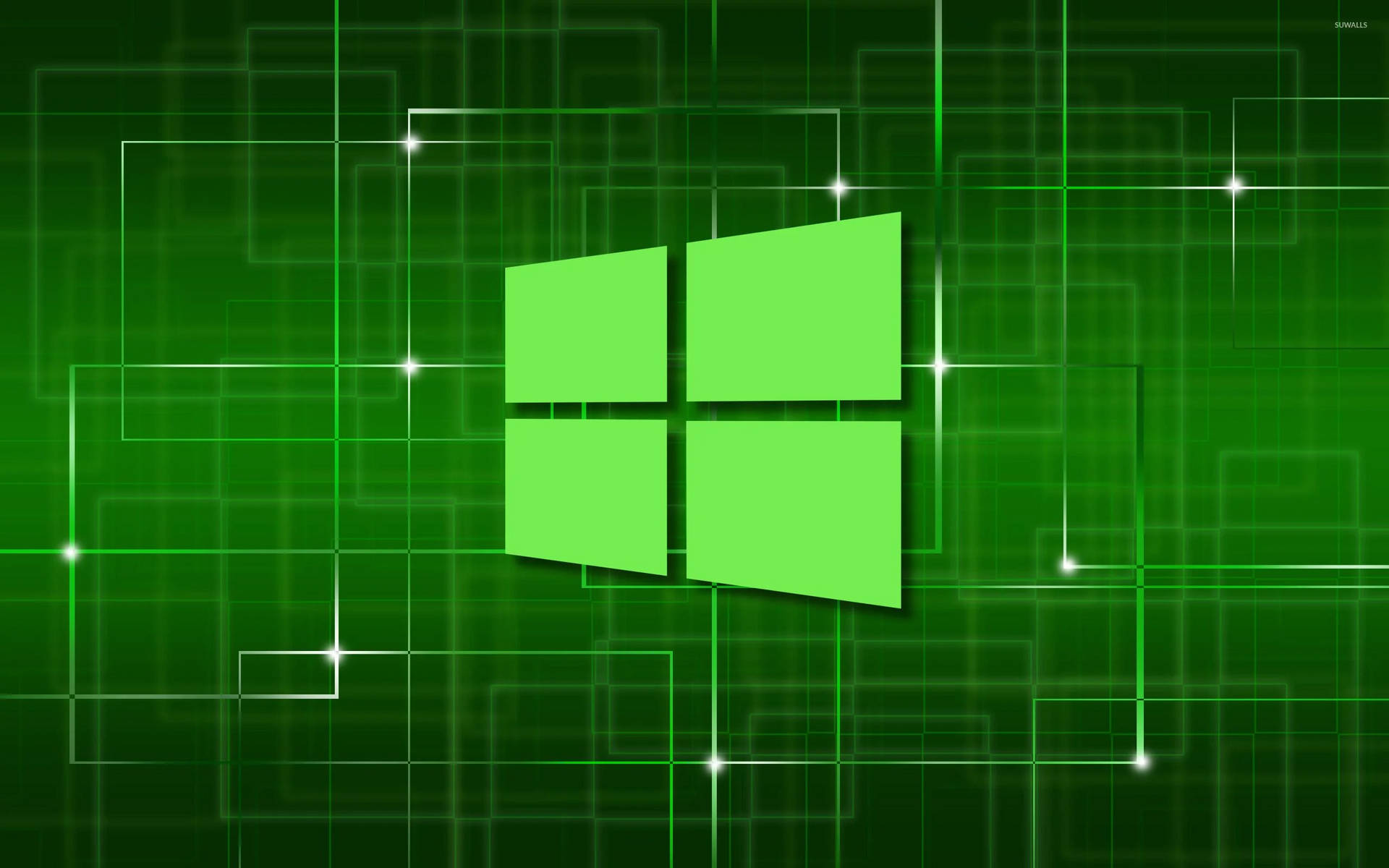Most individuals value their right to privacy online. Since we last discussed the topic a few years ago, VPNs, or Virtual Private Networks, have grown in popularity. It can safeguard your internet privacy and more if used properly. What VPNs do, what they don’t do, how they’ve changed over the years, and how they might use are all covered.You can learn more about ExpressVPN for choosing you service provider.
A VPN is what?
Virtual private network or VPN. It gives ability to get around censorship or content limitations and increases the security and privacy of your internet usage. For the best service learn more about ExpressVPN Provider. We will cover the following VPN terms in this guide:
VPN user – Software links your device or computer to a VPN provider. Both “VPN client” and “VPN app” are acceptable words.
The VPN protocol- A VPN protocol is essentially a way for a device to connect securely to a VPN server.
The VPN server- A solitary VPN endpoint that you can connect to secure your internet traffic. The majority VPNs have hundreds (or even thousands) of VPN servers spread all over the globe.
VPN provider- A VPN service is a business that enables you to use its VPN network for this discussion. A VPN service typically offers tailored VPN clients for various hardware and operating systems is not always the case. Subscriptions frequently used to sell access. The phrases “VPN service” and “VPN provider” are synonymous.
Gameplay and VPN
Nowadays, playing games online is everything, yet being online exposes you to security and privacy problems. A hacker might take control of your bank account or, worse yet, your username and password for your gaming account. They might even target your internet connection directly. The websites you visit can also tracked by your Internet Service Provider (ISP) and others, who will eventually sell that information to advertising.





